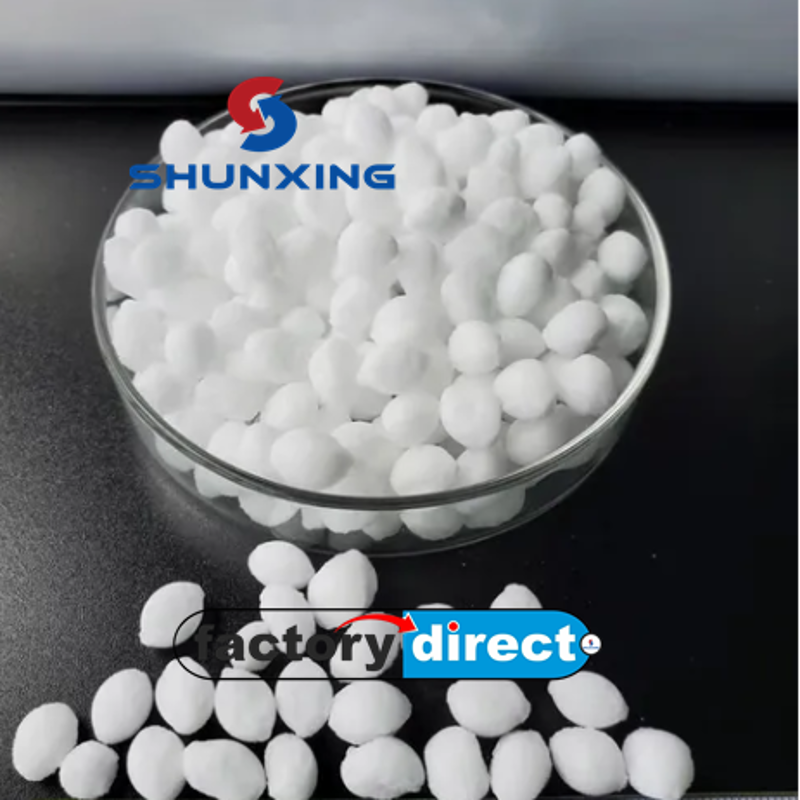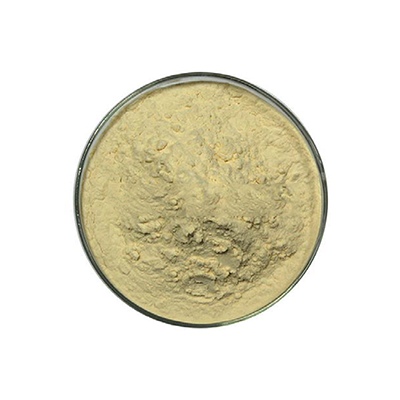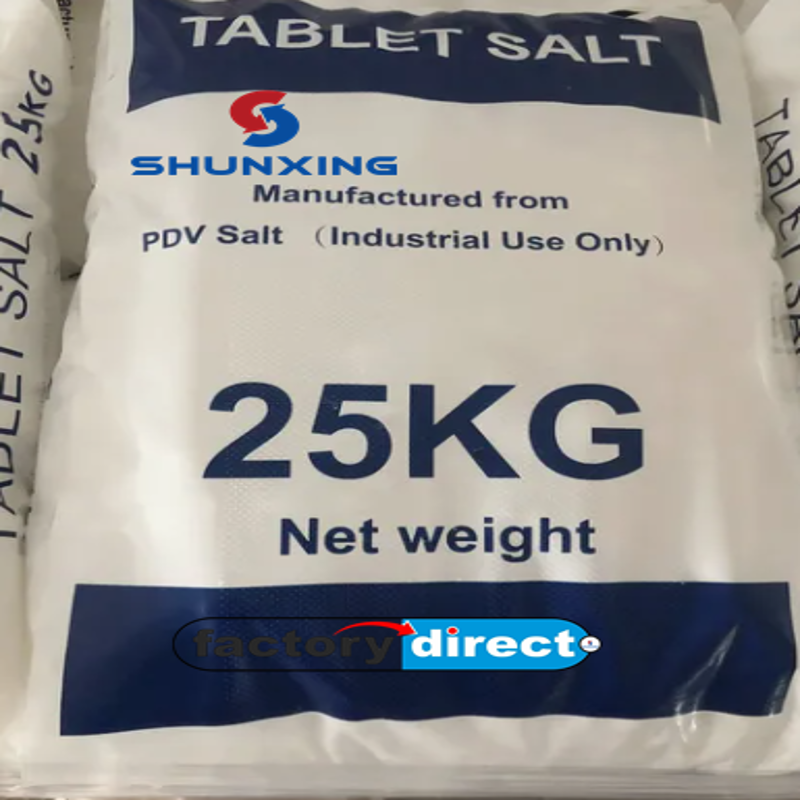-
Categories
-
Pharmaceutical Intermediates
-
Active Pharmaceutical Ingredients
-
Food Additives
- Industrial Coatings
- Agrochemicals
- Dyes and Pigments
- Surfactant
- Flavors and Fragrances
- Chemical Reagents
- Catalyst and Auxiliary
- Natural Products
- Inorganic Chemistry
-
Organic Chemistry
-
Biochemical Engineering
- Analytical Chemistry
-
Cosmetic Ingredient
- Water Treatment Chemical
-
Pharmaceutical Intermediates
Promotion
ECHEMI Mall
Wholesale
Weekly Price
Exhibition
News
-
Trade Service
(T-4)-Bis[2-(hydroxy-κO)propanoato-κO]magnesium, also known as T-4, is an organic compound that is commonly used in the chemical industry.
It is often used as a catalyst or catalyst precursor in various chemical reactions, such as the polymerization of monomers and the hydrogenation of oils and fats.
One of the key features of T-4 is its ability to act as a versatile building block for the synthesis of a wide range of chemical products.
This is due to its unique structure, which contains two hydroxyl groups that can undergo a variety of reactions, such as esterification, amidation, and hydrogenation.
Upstream Products
One of the key upstream products of T-4 is the monomer that is used to synthesize the polymer.
This monomer is typically a compound that contains a repeating unit with a functional group that can react with the hydroxyl groups on the T-4 catalyst.
For example, in the polymerization of polypropylene, the monomer used is propylene oxide, which contains a double bond that can react with the hydroxyl groups on the T-4 catalyst to form a polymer.
The polymerization reaction is typically carried out under conditions where the temperature and pressure are carefully controlled, and the reaction is catalyzed by the T-4 catalyst.
Downstream Products
One of the key downstream products of T-4 is the polymer, which is used in a wide range of applications, such as in the production of plastics, textiles, and packaging materials.
The polymerization of polypropylene using T-4 as a catalyst produces a polymer that is highly pure and has excellent mechanical properties, making it suitable for use in a variety of industrial and consumer applications.
Another downstream product of T-4 is the hydrogenated oil or fat, which is used in a wide range of food and cosmetic products.
The hydrogenation of oils and fats using T-4 as a catalyst produces a product that is more solid and has a longer shelf life than the untreated oil or fat.
In addition to these downstream products, T-4 is also used as a catalyst or catalyst precursor in a variety of other chemical reactions, such as the production of alkylphenols, alpha-olefins, and polyols.
Applications
T-4 is used in a wide range of applications in the chemical industry due to its versatile nature and ability to act as a building block for the synthesis of a variety of chemical products.
Some of the key applications of T-4 include:
- Polymerization: T-4 is widely used as a catalyst in the polymerization of a variety of monomers, such as propylene oxide, ethylene oxide, and styrene.
- Hydrogenation: T-4 is used as a catalyst in the hydrogenation of oils and fats, which produces a more solid and stable product that has a longer shelf life.
- Alkylation: T-4 is used as a catalyst in the alkylation of benzene and other aromatics, which produces a variety of aliphatic compounds that are used in a wide range of industrial and consumer applications.
- Hydrogenation of α,β-unsaturated esters: T-4 is used as a catalyst in the hydrogenation of α,β-unsaturated esters, which produces a variety of useful compounds, such as fatty alcohols and fatty acids.
Conclusion
(T-4)-Bis[2-(hydroxy-κO)propanoato-κO]magnesium is an important building block in the chemical industry, and its unique structure allows it to act as a versatile catalyst or catalyst precursor in a variety of chemical reactions







